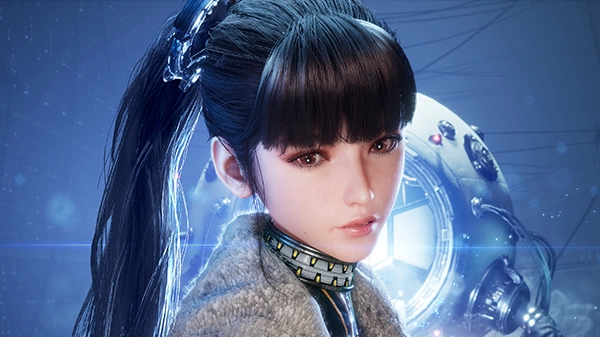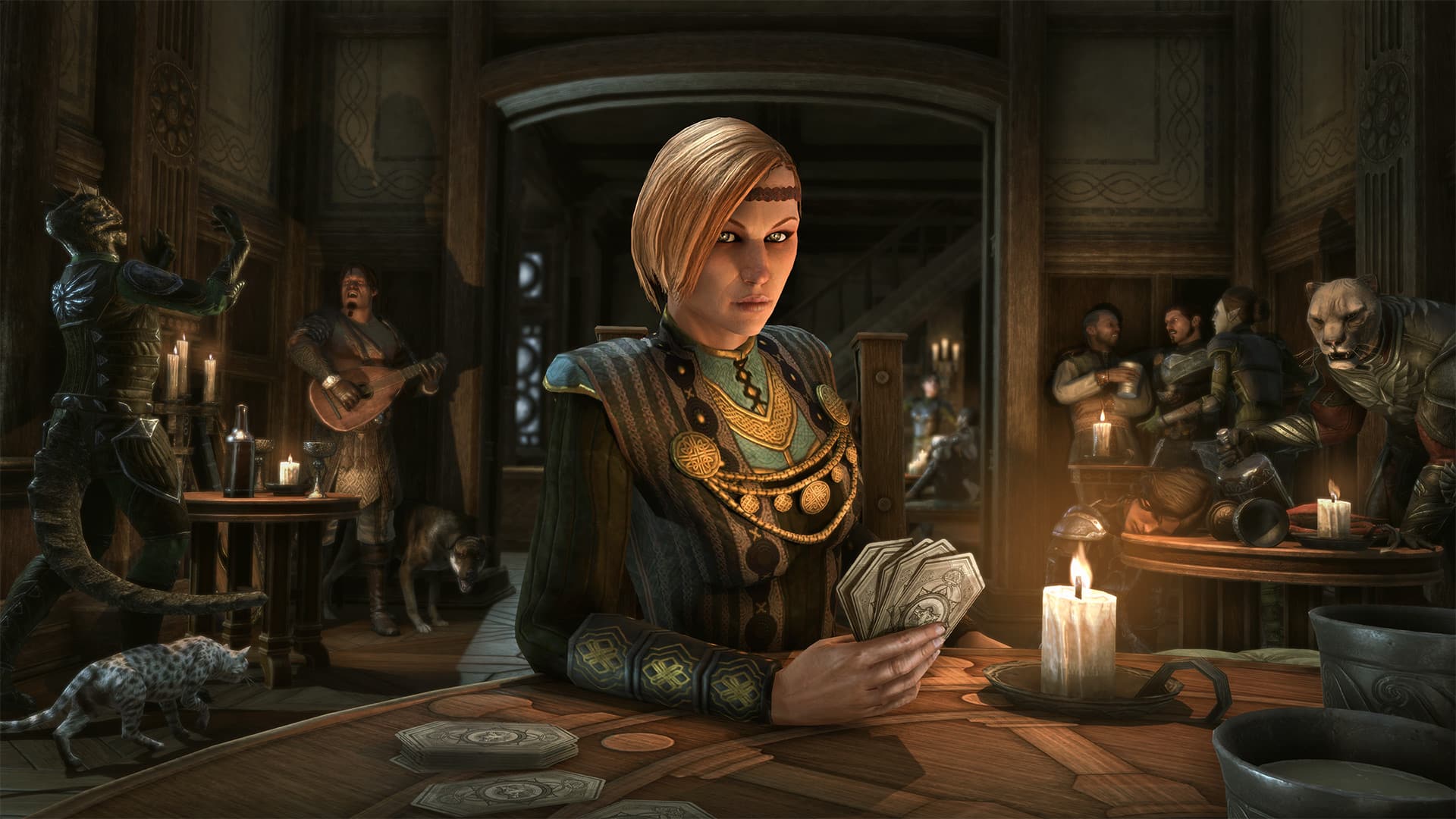In the constantly changing world of the gaming industry, a distinct voice stands out, promoting a revival of traditional gaming narratives in single-player console games. This voice belongs to none other than Kim Hyung Tae, the visionary director behind the much-anticipated PlayStation 5 title, Stellar Blade. As the gaming world braces for Stellar Blade’s release, there’s an underlying story, one that champions the essence of single-player games amidst a sea of live-service models.
Introduction Of Stellar Blade
Stellar Blade isn’t just another title launching into the marketplace; it represents a critical standpoint against the current tide of gaming trends. The game, developed by Shift Up, promises a third-person action hack-and-slash adventure that not only pleases fans of the genre but also carries a significant message about the industry’s need for games that conclude. It’s a testament to the developers’ dedication, having drawn inspiration from various games to create an experience they themselves yearned to play. The game, set to enthral PlayStation 5 owners, is a rare gem in a console generation craving for such hack-and-slash narratives.
What sets Stellar Blade apart is not just its gameplay or the enthralling story of Eve and her quest to save humanity from the clutches of Naytiba. It’s the game’s underlying philosophy, as vocalized by Kim Hyung Tae, emphasizing the invaluable role of single-player console games in the gaming ecosystem. “Console titles, that is single-player games with an ending, have a very important value in themselves,” Kim asserts, pointing out the contrast against the backdrop of the ever-popular online live service games that seem to dominate the market.
This declaration comes at a time when big names in the industry, like WB Games, pivot towards live service models, even in the wake of single-player successes like Hogwarts Legacy. Stellar Blade stands as a beacon, reminding us of the uniqueness and irreplaceable value of single-player experiences. It’s a courageous stance, considering the prevailing winds favor games without a definitive end, focusing on continuous engagement and monetization over finite storytelling.
Kim’s perspective isn’t just a romantic ode to the past; it’s a pragmatic view on the industry’s health. He acknowledges the financial pressures but champions variety and the special place single-player games hold. Amidst discussions of sales success and the allure of higher profit margins, Kim articulates a broader vision for the gaming industry, one where diversity in game types, including those with conclusive narratives, enriches the ecosystem. This philosophy doesn’t just stem from a desire for creative expression but from an understanding of what makes gaming truly immersive and memorable.
The Future Of Stellar Blade
Stellar Blade isn’t just about proving a point; it’s about setting a precedent. Shift Up, led by Kim, has not only developed a game that challenges the current industry norms but also vowed to continue crafting such experiences. This commitment to single-player adventures marks a potential shift, a rallying call for other developers to recognize the enduring appeal and importance of these games. As Stellar Blade prepares to make its mark, it embodies the belief that in a world of fleeting online experiences, the resonant stories told through single-player games are what truly define the art of gaming.
As we pivot from the landscape that Stellar Blade occupies within the gaming industry, it’s essential to contemplate what the future holds for single-player games and how these experiences fit into the broader tapestry of gaming. The conversation spearheaded by Kim Hyung Tae ignites a crucial dialogue about the indispensability of single-player console games that have an ending, underlining their uniqueness in a dominantly online, live-service gaming world.
Central to this dialogue is the understanding that the craving for single-player games is not just a nostalgic yearning for the past but a recognition of their inherent value in storytelling, gameplay depth, and player immersion. The narrative richness and focused gameplay design of titles like Stellar Blade offer players a beginning, middle, and conclusive end, providing a sense of completion and satisfaction that is often elusive in endless live service models. This structure fosters a deeper connection to the game’s world, characters, and themes.
The commitment of Shift Up and Kim Hyung Tae to continue developing games like Stellar Blade sends a strong message to the industry about the viability and importance of single-player experiences. It challenges the prevailing notion that live-service models are the only path to financial success, highlighting that diversity in gaming experiences is not just possible but necessary for the industry’s health.
The future of gaming could see a balanced ecosystem where single-player and live-service games coexist, each catering to different player preferences and desires. For fans of single-player titles, this represents a beacon of hope. It suggests that despite the industry’s trends, there will always be a place for games that tell a story with a definitive end. This belief is further reinforced by the anticipation and support surrounding Stellar Blade, signifying that the demand for single-player experiences remains strong.
Looking ahead, it’s clear that the conversation around single-player games is far from over. Developers like Shift Up are proving that there’s a sustainable model for these games, one that doesn’t necessarily eschew the potential for profitability. The success of Stellar Blade and similar titles could pave the way for more single-player experiences, encouraging other developers to explore and invest in narrative-driven games.
The future of gaming looks promising with a wide range of experiences that appeal to all types of players. Single-player games, known for their engaging stories and immersive gameplay, remain essential in the gaming world. The commitment of developers like Shift Up to these experiences reassures us that the art of storytelling through games will persist, providing players with memorable adventures that resonate long after the final credits roll. The industry’s journey is far from reaching its end, and single-player games will undoubtedly remain a significant part of its evolution.
Related posts:
“It would be better to make games that have higher profit margin”: Stellar Blade Director Kim Hyung Tae’s Mission to Make Console Games Great Again Will Make You Respect Him Even More
Stellar Blade Director Emphasizes the Importance of Single-Player Games





